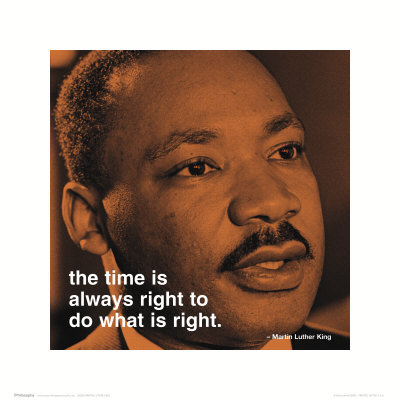I think that when you read the title of this blog you either thought of that well-known sating: “People in glass houses shouldn’t throw stones”. Or maybe you even thought I’m going to talk about gardening, I can’t say.
In fact, I am going to talk about the millions of people living in a glass house, trying to climb its walls and escape to the roof. This is what happens in countries with oppressive regimes. The people feel they are guinea pigs, in glass cages. They feel they only have two options: excel and force the regime to open the glass doors for them so they can reach the roof, by becoming loyal to the oppressors; or they must keep drilling through the floors to reach the roof.
However, I want to mention one last thing: in my opinion, Social Media has succeeded in lifting the ceiling of the glass house. Now, we need to measure its impact and see how we can make our ceilings expandable to release the pressure and avoid demolishing our houses.
Are we living in a glass house? Or we are living under a glass ceiling? This, my friends, is my question for you for today.
In fact, I am going to talk about the millions of people living in a glass house, trying to climb its walls and escape to the roof. This is what happens in countries with oppressive regimes. The people feel they are guinea pigs, in glass cages. They feel they only have two options: excel and force the regime to open the glass doors for them so they can reach the roof, by becoming loyal to the oppressors; or they must keep drilling through the floors to reach the roof.
However, I want to mention one last thing: in my opinion, Social Media has succeeded in lifting the ceiling of the glass house. Now, we need to measure its impact and see how we can make our ceilings expandable to release the pressure and avoid demolishing our houses.
Are we living in a glass house? Or we are living under a glass ceiling? This, my friends, is my question for you for today.









